From the underground in Bratislava to the establishment of a settlement in Israel: the path of Rabbi Dov Issachar Goldstein
Rabbi Goldstein survived the Holocaust and the camps, immigrated to Israel, settled on its land and established the Bnei Akiva Yeshiva in Be'er Sheva.
For years he worked as an educator and was secretary of the religious council in Gush Etzion.
He accompanied many youth delegations to Eastern Europe and saw the transmission of a Jewish story in Bratislava as the project of his life
Eli Ashkenazi
18/06/2022
Saturday, 18 June 2022, 00:35 Updated: 09:40
Share on Facebook
Share on WhatsApp
Share on Twitter
Share on Email
Share on general
Comments
Comments
Rabbi Issachar Dov Goldstein passed away two weeks ago in Alon Shvut.
The plot of his life contains the story of the Jewish people in the last hundred years - Holocaust, illegal immigration, settlement, starting a family and education.
He was born in 1929 in Bratislava, Slovakia to his parents Moshe Shraga and Fanny Feiga-Tzipora.
After him a sister and a brother were born.
From the father's first marriage, Goldstein had two older brothers.
The father was a rabbi of the "Religion Holders" community.
In his testimony, Dov said that his father belonged to a sect that sought to "establish the ancient Jewish ideal of Torah and work."
His worldview did not stem from an affinity for Zionism but from a conception of a desire to build the Land of Israel in the religious sense.
Holocaust, illegal immigration and settlement.
Goldstein in Birya (Photo: Courtesy of the family)
The role in the underground
In the morning Dov studied general studies at a Slovak elementary school and in the afternoon he studied Talmud Torah.
As a child he remembered that with the deportation of Austrian Jews, the Jews of Bratislava mobilized to collect clothes and blankets for those refugees who were on the Austrian-Slovak border.
"We realized that a difficult time was beginning for us," he said.
In 1939, with the Slovak government becoming the mouthpiece of Nazi Germany, decrees against Jews began to be enforced.
In 1942, most of the Jews of Slovakia were deported to extermination camps.
The Goldstein family was one of the few Jews left in Bratislava.
Above their apartment operated a Jewish underground group in Slovakia called the "Labor Group."
The underground was led by two relatives who came from both ends of the spectrum of the Jewish world, the ultra-Orthodox rabbi Michael Dov Weissmandel and Gizi Fleischman, an activist in the Ha - Shomer ha - Tsa'ir youth movement.
The underground helped smuggle Jews from Slovakia and Poland to Hungary that was not yet under Nazi occupation and thus managed to gather information on the plight of deportees from Slovakia and Polish Jews and began spreading it at a fairly early stage, when very few knew about the existence of extermination camps.
In 1944, Rabbi Weissmandel passed on information coming from Slovak Jewish prisoners who had fled Auschwitz about what was happening in the extermination camp and also asked that the railroad tracks to Auschwitz be bombed.
In an attempt to stop the deportations of Jews from Bratislava, the underground bribed Slovak and German government officials.
Their attempts failed Weissmandel and Fleischmann themselves were also sent to Auschwitz.
Weissmandel managed to jump off the train and save his life.
Goldstein the young boy was drafted underground in a junior role of typing letters and thus knew well what was going on in Poland and understood what was to come.
On Weissmandel's recommendation, he and his two friends prepared a hiding place called a "bunker" in the warehouse of a house that had been abandoned and destroyed.
On Yom Kippur 1944, the Germans began deporting the few Jews who remained in Bratislava.
Dov begged his parents to go into hiding, but the mother feared that their baby son would not survive in the suffocating hiding place and remained with him outside the bunker.
Dov's sister said she would not part with her mother.
Dov and his father hid and survived.
His mother, brother and sister were sent to Auschwitz and murdered there.
"I realized that a difficult time was beginning."
Goldstein on a trip with teenagers to Auschwitz (Photo: courtesy of the family)
"I understood that in this we are parting"
After coming out of hiding, Dov and his father were extradited and taken to the Sered concentration camp in Slovakia, and a week later deported to Auschwitz.
This was the shipment in which Fleischmann was also deported.
Several young people managed to open a hole in the floor of a caravan and escape.
Dov begged his father to jump with him, but the father said his strength would not stand up to him and asked Dov to run away without him, but he chose to stay with his father.
When they arrived in Auschwitz Dov and his father went hand in hand, but were separated and the father was taken to the gas chambers.
"I realized that in this we are parting, this is the end between me and my father," he said.
Dov remembered that even before the sorting on the platform began, Mengele stood on a chair and shouted: "Where is Gizi Fleischman? She simply answered: Here, I am here. He sent her two SS men who took her straight to the crematorium."
Dov was transferred to a factory in the Buchenwald sub-camp.
Throughout this period, Dov was as meticulous as possible in keeping the mitzvos.
On Hanukkah, the prisoners obtained oil in a can.
They made a massive thread of garment and lit it like a menorah.
The burnt oil gave off a pungent odor, and the German commander came to check the source of the odor.
But then the bombing started, the commander left and so Dov and his friends survived.
On Passover 1945, a Jewish prisoner obtained some flour and brought it to the hut.
The flour was enough to bake one matzah on a can in which the prisoners lit a fire, and on Seder night each prisoner in the hut received a crumb of the matzah.
As the American front approached, Dov and his comrades were marched on a death march and reached Buchenwald.
Two days after their arrival, the camp was liberated by the US military.
Dov suffered from typhoid fever, and was hospitalized in an American hospital that opened in the camp.
After recovering he returned to Bratislava, and on his return discovered that all the contents of his house had been looted, except for holy books, including his father's manuscripts.
More on Walla!
"An angel who descended from heaven": Yoav Eliyahu relinquished citizenship of his homeland and dedicated his life for Zionism
To the full article
Consecrated his wife in the ring of his late mother.
Marriage of Dov and Shulamit Goldstein (Photo: Courtesy of the family)
Seven months in a detention camp
Dov joined the Bericha and illegal immigration movement operated by members of the Jewish Brigade and emissaries from Israel.
The destination they were aiming for was one of the shores of Belgium, where an illegal immigrant ship was waiting.
Dov and his friends were captured by British soldiers on the Dutch-German border and taken to a detention camp.
The camp also housed Nazi soldiers and officers, including officials such as Hitler's Air Secretary and Alfred Krupp, the owner of the kiln factory.
Every day Dov and his friends were interrogated in an attempt by the British to admit that it was the soldiers of the Jewish Brigade who tried to smuggle them out.
They were finally released with much intervention from the British Army.
Dov and his friends from Bnei Akiva arrived in Italy and in August 1946 boarded the illegal immigrant ship "Four Freedoms", which was soon captured by the British.
Dov was imprisoned for seven months in a detention camp in Cyprus, and upon his arrival in Israel he was imprisoned for another month in the Atlit detention camp.
After his release, he joined the Bnei Akiva yeshiva in the village of Haroeh and immigrated to Biriya as part of Bnei Akiva's Garin V. It was an isolated Jewish settlement north of Safed, which the British opposed its establishment and evacuated its inhabitants several times. The new one, after being occupied in its first location, in Gush Etzion.
Goldstein in Birya, the settlement that was established despite British opposition, and disbanded after the War of Independence (Photo: courtesy of the family)
After a short time he returned to the village of Haroeh and in 1955 married Shulamit. At the canopy ceremony he consecrated his wife in the ring of his late mother. The couple had three children - Moshe, Tzipi and Meirav
. Goldstein founded the Bnei Akiva Yeshiva in Be'er Sheva in 1964. After completing the task, he began teaching in Bat Yam, where he moved with his family. For many years he worked in teaching and combined it with guided tours, a field he loved wholeheartedly. And wide-legged with a boob hat on his head and sandals at his feet.Thanks to the knowledge of the German language he guided many groups of tourists.
Although he was already in the middle of the sixth decade of his life he sought to fulfill his dream of being a partner in the establishment of a settlement.
In 1982, the Goldstein couple and their three children joined the nucleus that established the settlement of al-David, which later moved to the permanent point and became known as Nokdim.
Daughter Meirav says that living conditions were very difficult and at first they lived in a tent.
The family later moved to Alon Shvut and he was appointed secretary of the religious council in Gush Etzion, a position he filled with great dedication.
In 1996 he went on a mission to Kosice, Slovakia, where he served as the community's rabbi and butcher.
Goldstein lights a beacon at Yad Vashem in 2018 (Photo: courtesy of the family)
Even before that, with the disintegration of the communist bloc, he traveled several times to teach and guide Jewish youth in Eastern European countries.
He was later asked to join as a witness to youth delegations traveling to Poland.
At first he tended to reject the request, until he learned that the delegation he would accompany was from the Bnei Akiva yeshiva in Be'er Sheva.
In 2001, almost forty years after he established the yeshiva, he joined the students to testify at the place where his father was taken from him and whose entire family was murdered there.
Since then he has accompanied many more youth delegations, even though he was no longer in the health line.
Among the many youths he mentored were also his grandchildren.
His children said that "he saw his destiny in conveying the story of himself, his family and the Jewish community of Bratislava. It was for the project of his life."
In 2018, Goldstein lit one of the six beacons at the Yad Vashem State Opening Rally.
He died two weeks ago at the age of 93, leaving behind a wife, three children, seven grandchildren and five great-grandchildren.
news
News in Israel
Events in Israel
Tags
holocaust
Slovakia
Bratislava
Bnei Akiva

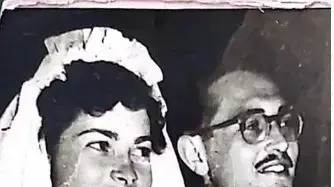

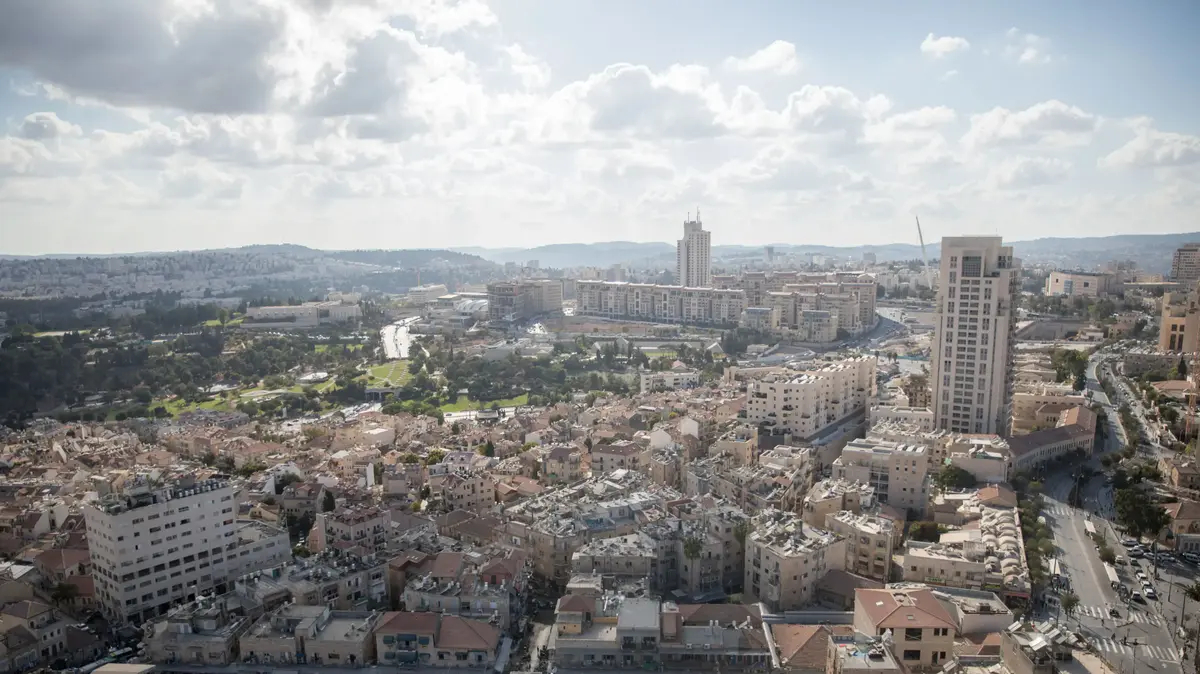
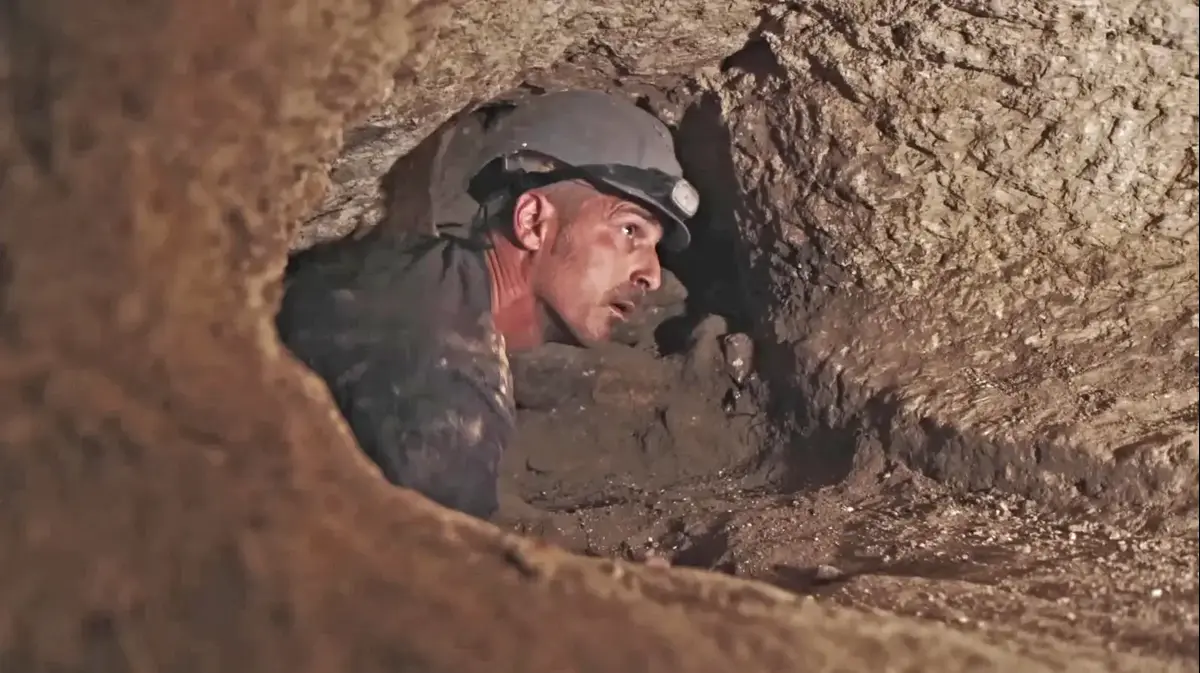
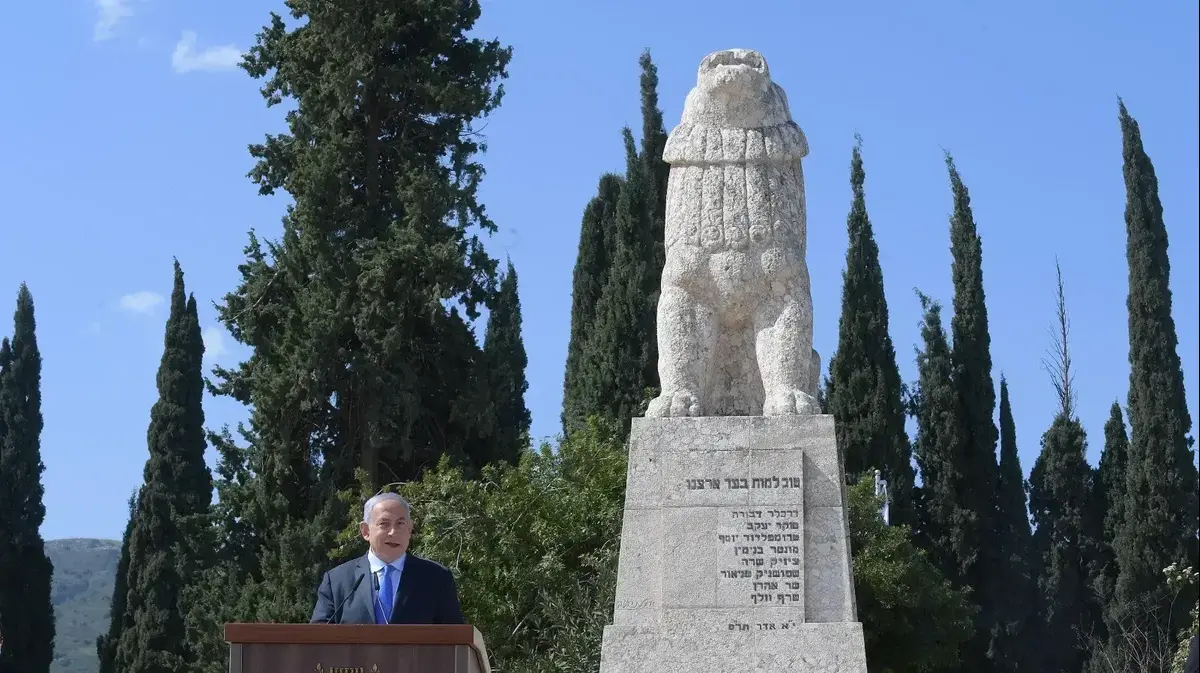
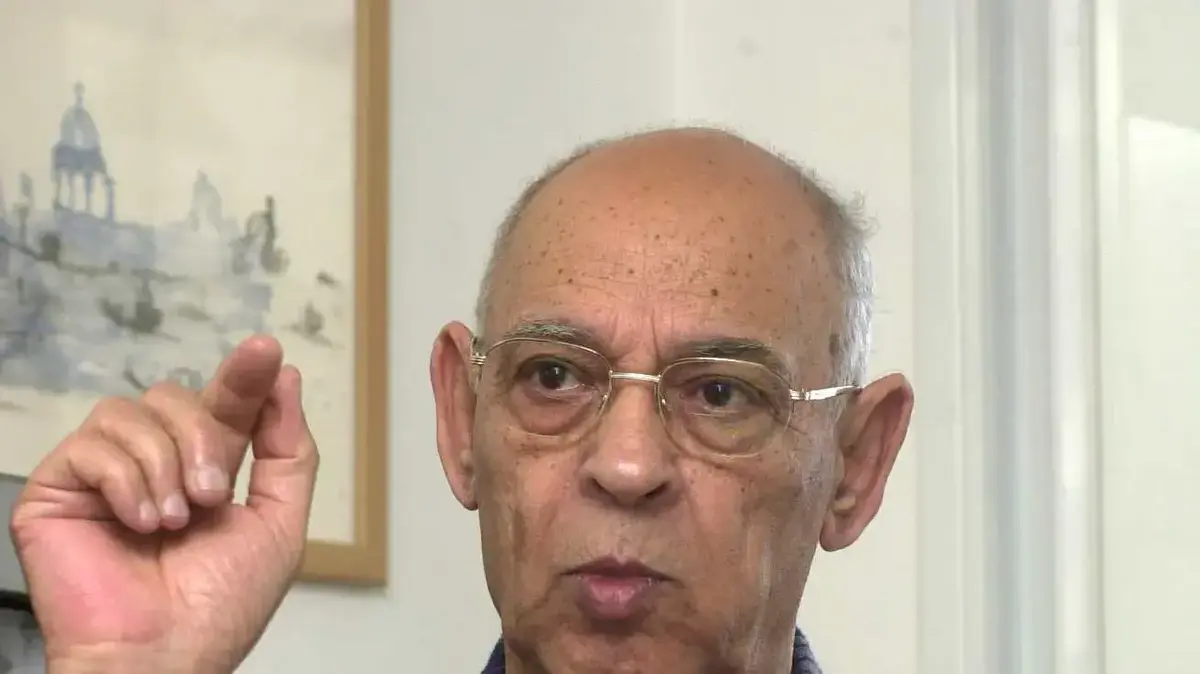
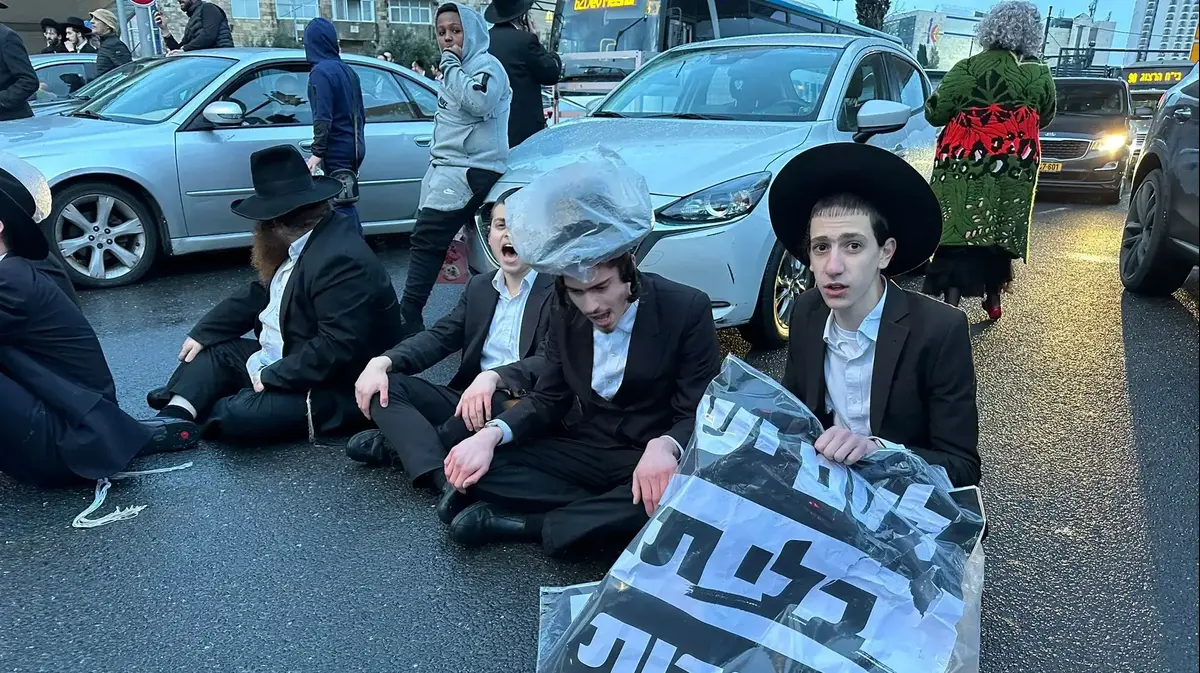
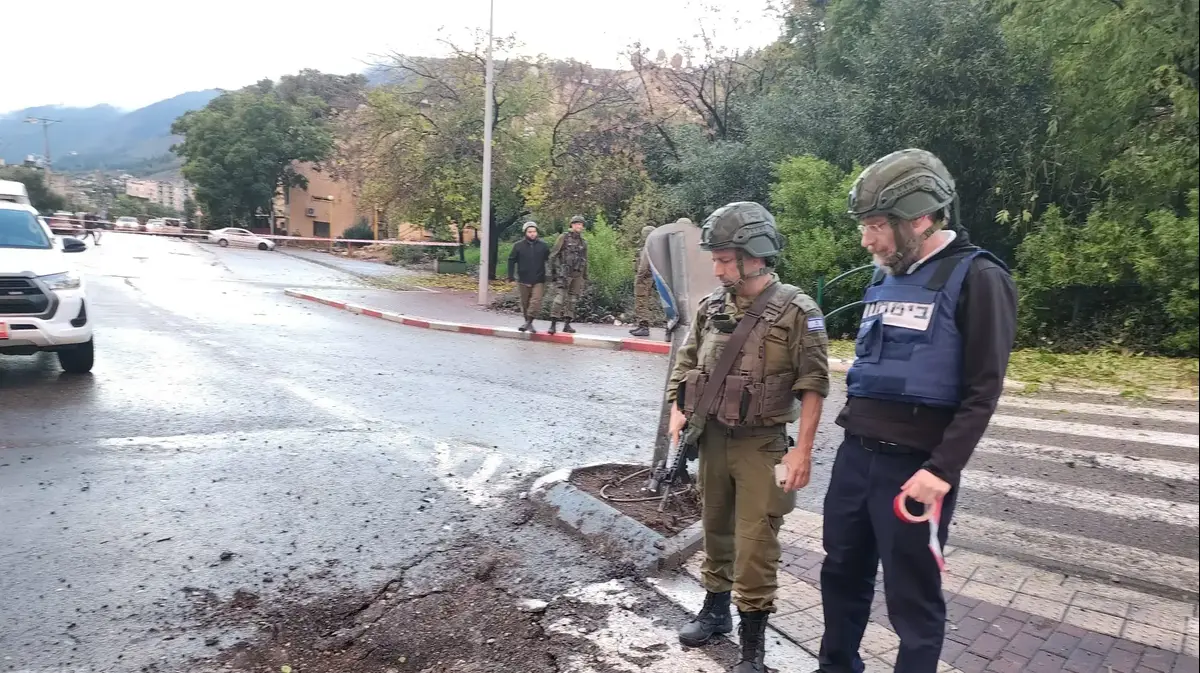
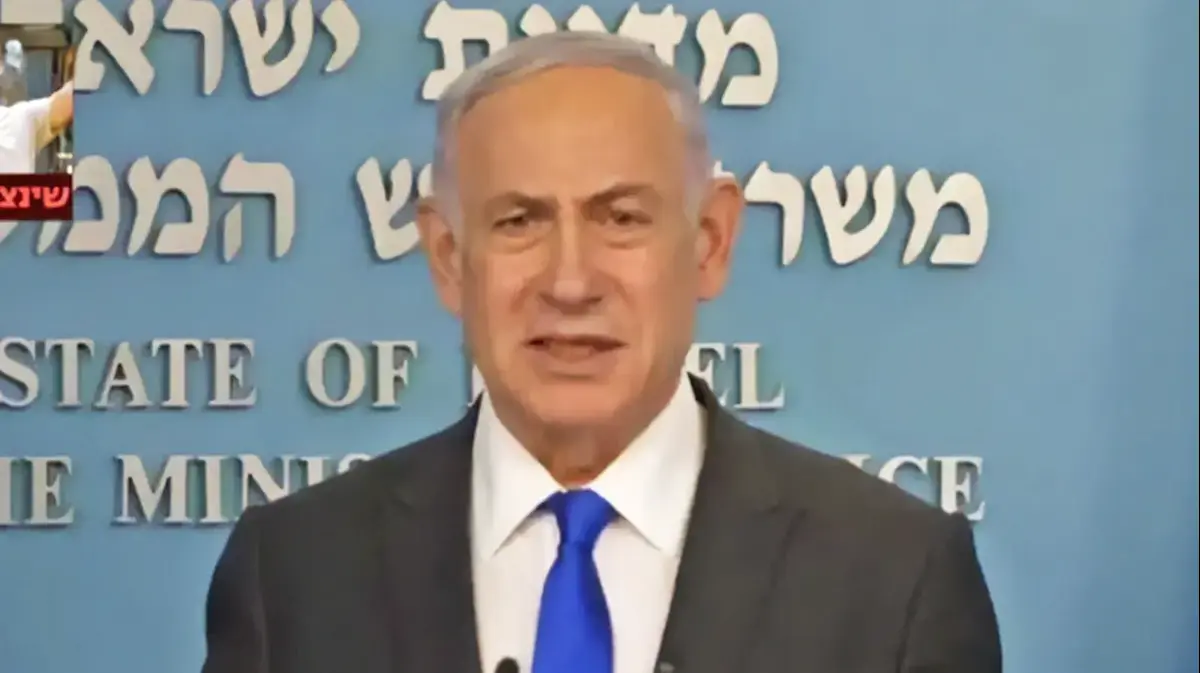


/cloudfront-eu-central-1.images.arcpublishing.com/prisa/KMEYMJKESBAZBE4MRBAM4TGHIQ.jpg)


